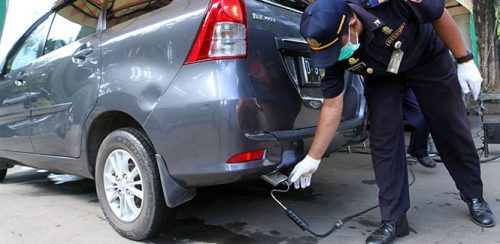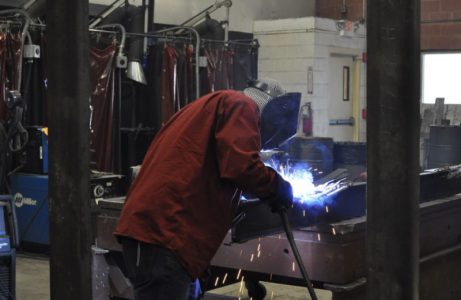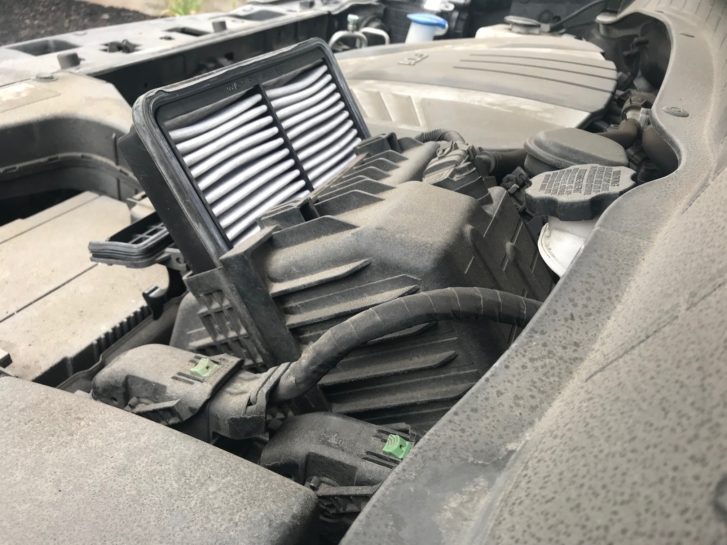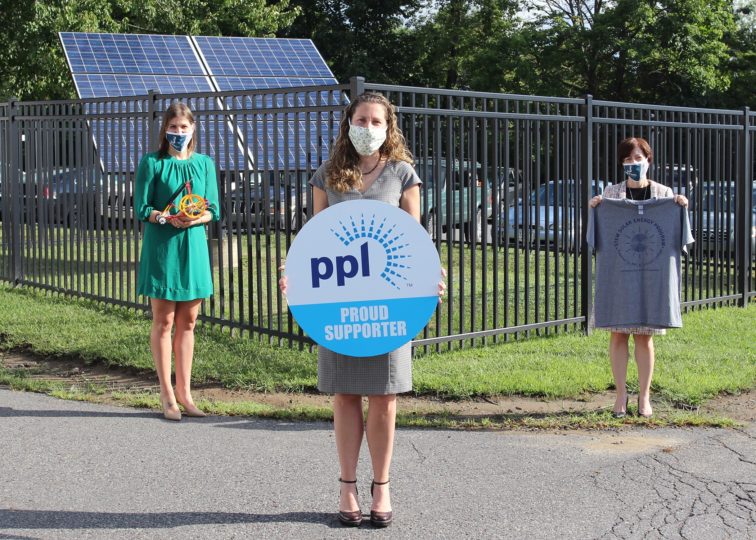Johnson College’s Continuing Education Program is currently enrolling students into its next OBDII Emissions Training class. The class will be held on the Johnson College campus from December 13, 2021, through December 16, 2021, from 6 p.m. to 10 p.m. Space is very limited to allow for social distancing.
The student is placed on the state’s roster for the class by calling 570-702-8981 or 570-702-8979. Students then can visit https://campscui.active.com/orgs/OSJohnsonSchoolofTechnologyDBAJohnsonCollege#/selectSessions/2934435/filter/session=50166335 to pay the College for the classes. To purchase study material and a test called “EI”, students should visit www.patrainingportal.com. The student should then print the study guide and bring it to the class.
The OBDII computer monitors a vehicle’s emission control systems in real-time and is capable of informing a motorist or technician of a systemic issue the moment it occurs. The system operates through a series of indicator lights, drive cycles, trouble codes, and readiness monitors. During an inspection, an emission analyzer scan tool plugs into the diagnostic connector that is attached to the OBDII computer and communicates with the vehicle. The OBDII computer relays to the scan tool whether it has discovered errors in the emission control systems. The emission analyzer then determines whether the vehicle is being operated in compliance with emission standards.
The class fee of $180 is paid to Johnson College. The study material and testing fee of $39.99 is paid directly to the PA Training Portal (https://www.patrainingportal.com/).






